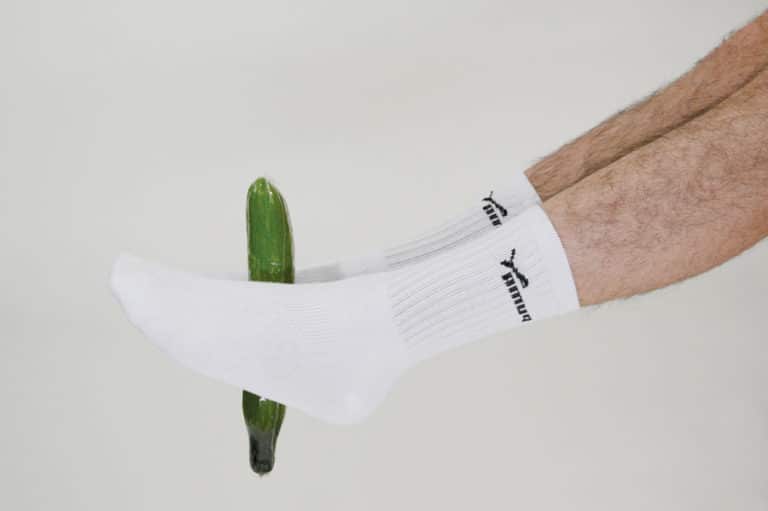Facebook is unable to tame Libya’s Keyboard Warriors

Following the collapse of Colonel Gaddafi’s four-decade long dictatorship, Facebook hailed its role in uniting the country’s citizens against oppressive forces. As scores of Libyans rushed to Facebook to organise and report developments from the field, the company’s representatives maintained that the growing presence of the social network in the country facilitated the transitioning into a new era in Libya—one marked by uninhibited conversation and debate. Alas, more than a tool that promotes democracy and freedom, Facebook now constitutes an arena which many quarrelling Libyans utilise to promote violent rhetoric, coordinate attacks, identify potential opponents, and spread fake news. As Facebook endeavours to crack down on violent content circulating across its virtual Libyan turf, many questions arise regarding its eagerness and ability to thwart adverse activity on its platform.
It has been reported by The New York Times earlier this week that political turmoil in Libya is exacerbated by the access of militants to social media, and to Facebook in particular. Often referred to as “Keyboard warriors”, many in Libya use the social network to spread fake information regarding rival political and military factions, and boast conquests and (occasionally fake) achievements. Hate speech and incitement to violence are also incredibly rife on Libyan Facebook. Last week, for instance, as fighting raged across the Libyan capital, rivalling groups posted severe threats on Facebook, boasting their mission to ‘purify’ the country from their respective opponent. Such threats often materialise into real-life action. On numerous occasions, hate speech circulated on Facebook, and the identification of potential rivals on social media by militants have resulted in deadly assaults against a particular group’s opponents. Some Libyans have been noted to utilise the platform as a way to coordinate attacks and trade arms. As stated by Libya’s former information minister, Mahmud Shammam, “The most dangerous, dirty war is now being waged on social media and some other media platforms… Lying, falsifying, misleading and mixing facts. Electronic armies are owned by everyone and used by everyone without exception. It is the most deadly war.”
As bloodshed persists in the war-torn North African nation, and Libyan Facebook gets further saturated with violent content, the company is adamant that it does all in its power to purge its network from potentially dangerous users. In an interview for the New York Times, a Facebook spokesperson stated that they “Work hard to keep Facebook safe and to prevent people from using [their] tools to spread hate or incite violence,” and that the company collaborates closely with academics and civil society groups to “better understand local issues and context so we can take more effective action against bad actors on Facebook.” The company claims it utilises both algorithm-based tools and highly-trained Arabic speaking employees to flag and remove adverse content on its Libyan platform.
However, as its success rate is clearly less than impressive, one must wonder: is Facebook truly doing all it can to prevent its network from becoming a participant in Libya’s bloody civil war? None of the information laid out on the subject by international media outlets this week is truly ‘news’. It was a year ago when The Washington Post exposed Libyan Facebook as a “hub” for illegal arms trading. Yet despite the tech giant’s ‘best’ efforts, to this day “military-grade weapons [are] being openly traded,” on Facebook.
Whether it be technical shortcomings, insufficient funding, or a lack of commitment from the company’s top tiers, Facebook’s content monitoring apparatus is revealed as inconsistent, dilatory, and somewhat murky. It remains unclear as to precisely what mechanism is used by Facebook’s to target what they define as ‘malicious users’. And it’s even more uncertain what the company does to deter such users and block them from their network.




